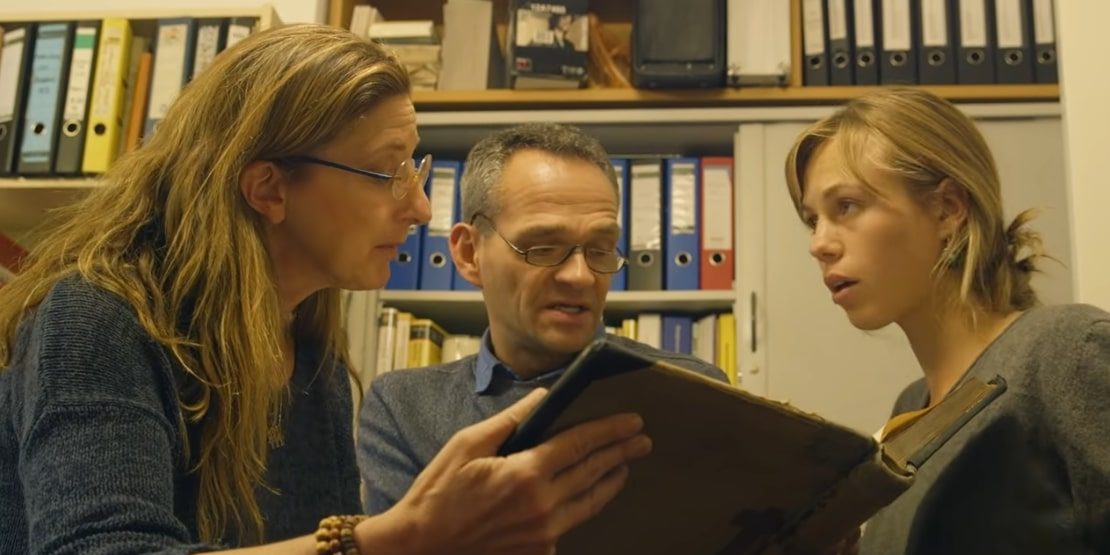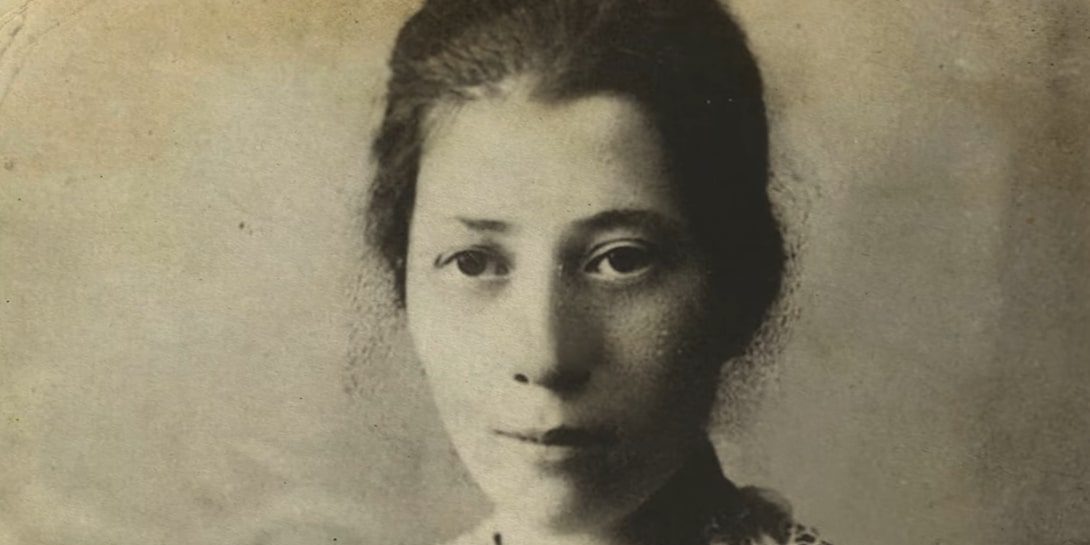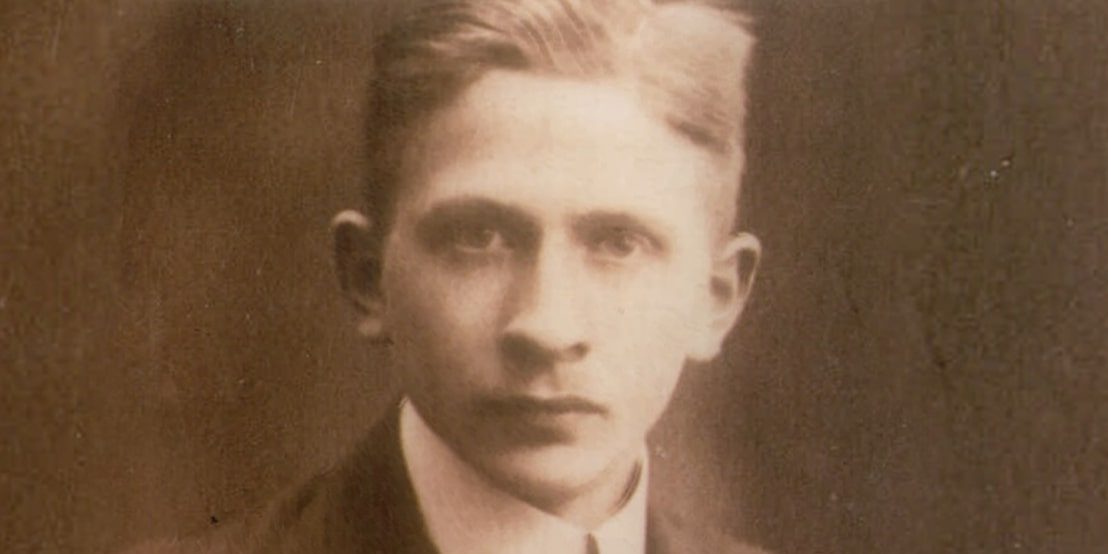Netflix’s ‘UnBroken’ tells the extraordinary story of seven Jewish siblings who grew up in Nazi Germany and ultimately escaped the horrors of World War II. They are believed to be the only known group of seven Jewish siblings who survived the Holocaust together and made it out of Europe. Directed by Beth Lane, the youngest sibling’s daughter, the 2023 documentary follows her emotional journey back to Worin and Berlin in Germany, retracing the paths her family once took. She visited key locations such as their former home and the churches they found refuge in, and met the families of people who sheltered them. The film is layered with haunting memories and a raw portrayal of the trauma they endured while honoring the legacy of the family.
UnBroken is Based on the True Story of the Weber Family From Germany
Beth Lane grew up knowing very little about her family’s past. When she was 6 years old, her mother, Ginger (who used to be known as Bela), told her that she had been adopted and had no connection to her biological relatives. Bela had joined a new family at the age of six herself, carrying only faint memories of her early life. She also made it clear to her daughter that reconnecting with her birth family was unlikely, which only deepened Beth’s curiosity and desire to uncover her roots. It wasn’t until 1986, when Bela reunited with her siblings, that the long-hidden family story finally began to surface.

The other Weber siblings had stayed in contact over the years and recalled that they had all arrived together in Chicago, Illinois. However, the Jewish Children’s Bureau separated them and placed each child in different foster homes. Bela was the only one formally adopted. In 1996, they reunited once more to mark the 50th anniversary of their arrival in America. At that gathering, Alfons Weber, the eldest sibling, shared a deeply personal 40-page document recounting his memories of life in Germany and their experiences during the war. Coming to terms with her family’s history was a long and emotional journey for Beth Lane. It took her years to grasp the weight of their past in Nazi Germany fully.
Knowing that the story was both extraordinary and at risk of being forgotten, she felt a responsibility to preserve it. Drawing on her own background as an actress and filmmaker, Beth co-wrote the screenplay with Aaron Soffin and committed to making a documentary. The film would follow her as she retraced her family’s steps across Germany, visiting the very places they once hid and reconnecting with the descendants of those who had helped her family survive. Beth had initially hoped to travel to Germany with her uncle Alfons, whose recollections had become a cornerstone of the family’s story. Sadly, he passed away in 2016 before that journey could happen. In 2017, Beth and her mother finally made the trip together, and filming for the documentary began in March 2018.
Alexander and Lina Weber Were Under Arrest When the Siblings Were Taken Into Hiding
Through her lens, Beth Lane was able to beautifully and powerfully document the story of the seven Weber siblings—Alfons, Ruth, Senta, Gertrude, Renée, Judith, and Bela. She was able to highlight not just their survival but also the different circumstances and people who aided them. The love story of the siblings’ parents was extraordinary in its own right. Lina Banda, the daughter of an Orthodox rabbi, met Alexander Weber, a rabbi himself, when he visited her town in Hungary. The two fell in love, but Lina’s father only approved of the marriage on one condition: that Alexander convert to Judaism. Alexander readily agreed, and they started their life together in Germany.

Around 1929, Alexander and Lina moved with their two eldest children, Alfons and Senta, to Berlin, Germany and settled into a modest two-bedroom home. Alexander earned a living selling umbrellas and walking sticks, and their family life mirrored that of many Jewish households at the time. But as anti-Semitic sentiment escalated across the country, they, like many others, soon faced growing hostility, public shaming, and restrictions, including being forced to wear the yellow Star of David. However, Lina was a woman who rose against it. She reportedly opened her house to many seeking refuge, and ultimately, it drew the attention of the Gestapo. She was arrested in 1943 and died in the same year in the Auschwitz concentration camp. Alexander had been arrested as well.

The seven Weber siblings were first taken to a hospital rather than directly to a concentration camp. Once temporarily released and returned to their home, they faced the looming threat of deportation. During this narrow window, a courageous local farmer, Arthur Schmidt, secretly smuggled them into the bed of his truck and took them to his property in Worin, Germany. There, he hid them in a small laundry shack on his farm. His wife, Paula Schmidt, quietly supported the children by bringing them food, blankets, and other necessities. The local mayor, Rudi Fehrmann, also risked his life to help. He created forged ration cards that allowed the siblings to access essential supplies.
The Weber Siblings Reunited With Their Father Before They Immigrated to the US

While Arthur and Paula Schmidt checked in on them when possible, the children mostly lived in isolation and were crammed into a single room. They remained hidden there for nearly two years, until the end of the war in 1945. In a desperate effort to protect his children from growing Nazi persecution, Alexander arranged for his seven children to be baptized at the Sacred Heart Catholic Church. He had been forcibly made to give up Judaism as well. He hoped that this would shield them from further danger. Living in Berlin during this time, Alexander occasionally sent his children food and supplies while they hid on the Schmidt farm.

As the war neared its end, the siblings were finally reunited with their father and felt a brief moment of relief and familial comfort. However, that peace was short-lived. In May 1945, as the Red Army advanced into their region, reports of violence and widespread atrocities followed. The documentary recounts painful memories, particularly from Ruth, who alleges that her sister Senta was assaulted by Russian soldiers. Senta was missing for two days and returned in a state that required immense care and support. Their father, Alexander, hoped to take the entire family to the US, but they were informed that emigration would be nearly impossible with a living German parent.
It was then that Ruth stepped in with remarkable presence of mind, and she declared to the authorities that the children were orphans. This decision changed the course of their lives. Soon after, all seven siblings were taken to the Indersdorf nunnery, where they lived among other displaced children. Eventually, they were placed on the SS Marine Flasher, the very first ship to bring Holocaust survivors to the United States. Among those on board were the Weber siblings. When they finally set foot in New York, their journey of survival gave way to a new chapter: one of hope, healing, and rebuilding their lives in a new world.
UnBroken is an Addition to the Many Commemorations That Honor the Weber Family
Alexander eventually remarried and visited the United States with his new family in 1956, a decade after his children had arrived. He later passed away in the 1970s. Today, the legacy of the Weber family’s incredible journey lives on through both personal and public remembrance. A photograph of the seven siblings hangs in the final gallery of the permanent exhibition at the United States Holocaust Memorial Museum in Washington, D.C. Their names, along with those of their parents, Alexander Weber and Lina Banda Weber, are memorialized with Stolpersteine (stumbling stones) in Berlin, created by artist Gunter Demnig. Additionally, the courageous farmers who saved them, Arthur and Paula Schmidt, are honored in the Garden of the Righteous Among the Nations at Yad Vashem in Jerusalem, and two commemorative plaques also stand in their name in the town of Worin, Germany.

‘UnBroken’ is a profoundly moving tribute to resilience, courage, and the enduring bonds of family. Through Beth Lane’s lens, the film not only documents a remarkable tale of survival but also preserves it for generations to come. With honesty and reverence, the documentary retraces a path marked by trauma, hope, and quiet heroism, ultimately giving voice to those who lived through one of history’s darkest chapters. It is a film that lingers in the heart and is an unforgettable reminder of the power of memory and the human will to endure.
Read More: iHostage: True Story of Amsterdam Apple Store Robbery, Explained


